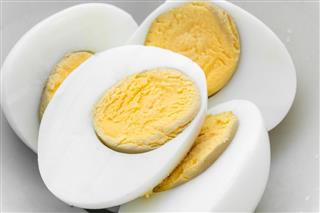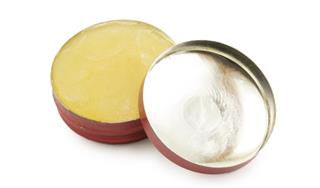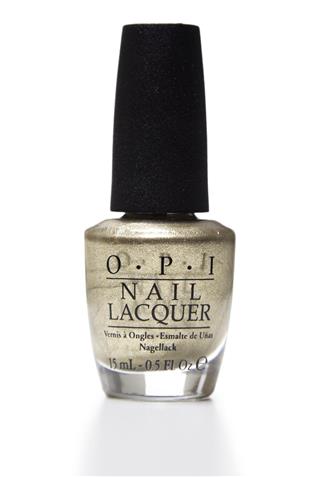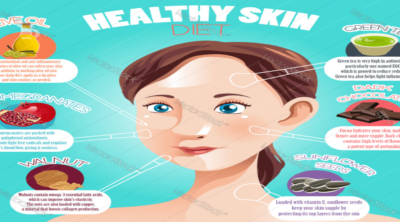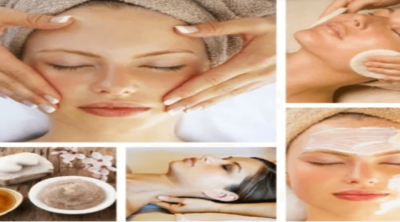
Serious vegans and vegetarians may want to avoid using makeup or other cosmetic products that contain animal-derived ingredients. Unfortunately, many animal ingredients have names that don’t sound animal-derived. This article discusses a few of the most common.
Being Vegan in a Meat-Eater’s World
At times, it can be difficult to be a strict vegetarian or vegan in a meat-eater’s world. Vegetarians are subject to questioning, ridicule, and strange behavior from well-meaning friends and family. Vegetarians have all had the experience of going to a restaurant with a group of people, only to have the meat-eaters list to us all the possible vegetarian options on the menu. Just because you are a vegetarian doesn’t mean you can’t read! But once you have overcome or gotten used to the awkward social aspect of vegetarian or vegan aspect, there are more “advanced” concerns to contend with, such as whether you will still purchase cosmetics and household products with animal-derived ingredients.
Finding Vegan-Friendly Products
The challenging thing about being strictly vegan or vegetarian is that so many things are, in one way or another, animal-derived, and unless you are prepared to spend a very great deal of time scrutinizing everything you buy, the effort and difficulty involved in being a strict product vegan can be overwhelming. For the practical vegan or vegetarian, it may be enough to avoid products that are obviously not animal safe and allow a group of favorite vegan products to develop slowly over time. Still, it never hurts to know a little bit more about the products you buy, so let’s examine a few very common ingredients that, although they have seemingly innocuous names, really come from animal sources.
Lanolin
Lanolin is one of the animal byproducts most commonly used in cosmetics. Lanolin is an oil that comes from the wool of sheep and is used as a softening agent in products like lotion, lip balm, and hair products. Additionally, some medical ointments intended to help heal minor cuts and reduce the appearance of scars contain lanolin as the active ingredient. If you are serious about not using animal byproducts, avoid makeup that contains lanolin.
According to PETA, the following ingredients should also be avoided because they are derivatives of lanolin: aliphatic alcohols, cholesterin, isopropyl lanolate, laneth, lanogene, lanolin alcohols, lanosterols, sterols, and triterpene alcohols. Of course, you can’t be expected to memorize this list, so if you are unsure about a product, you may want to go ahead and buy it, examine the ingredients carefully at home, and then don’t buy the product again if it does contain lanolin or a lanolin derivative.
Albumen
Another animal-based ingredient you may have seen in your makeup or other products is albumen. Albumen is a thickening agent that gives cosmetics the appropriate consistency for being applied to the skin or hair. This ingredient is usually derived from egg whites, so if you are vegetarian and are not opposed to the egg harvesting industry, you may choose to continue purchasing products that contain albumen. However, consider that the egg whites used to make albumen are almost certainly not free range!
Hyaluronic Acid
Like many cosmetic ingredients, hyaluronic acid can come from animal sources but can also be produced synthetically without harm to animals. Hyaluronic acid is a protein used as an anti-aging ingredient in facial moisturizers, anti-aging creams, and other cosmetics. If you are uncertain whether your favorite products are made with animal-based hyaluronic acid or synthetic hyaluronic acid, look for a phone number or e-mail address on the package and contact the manufacturer to find out.
More Information
There are many, many other animal-derived ingredients that are still used in cosmetics, hair products, and other beauty products around the world. A few more common ones that vegetarians and vegans should definitely avoid: alpha hydroxy acid, collagen, gelatin, guanine, keratin, lactose (from milk), and oleyl alcohol. For an extensive list of animal-derived ingredients along with explanations, visit PETA.org.


